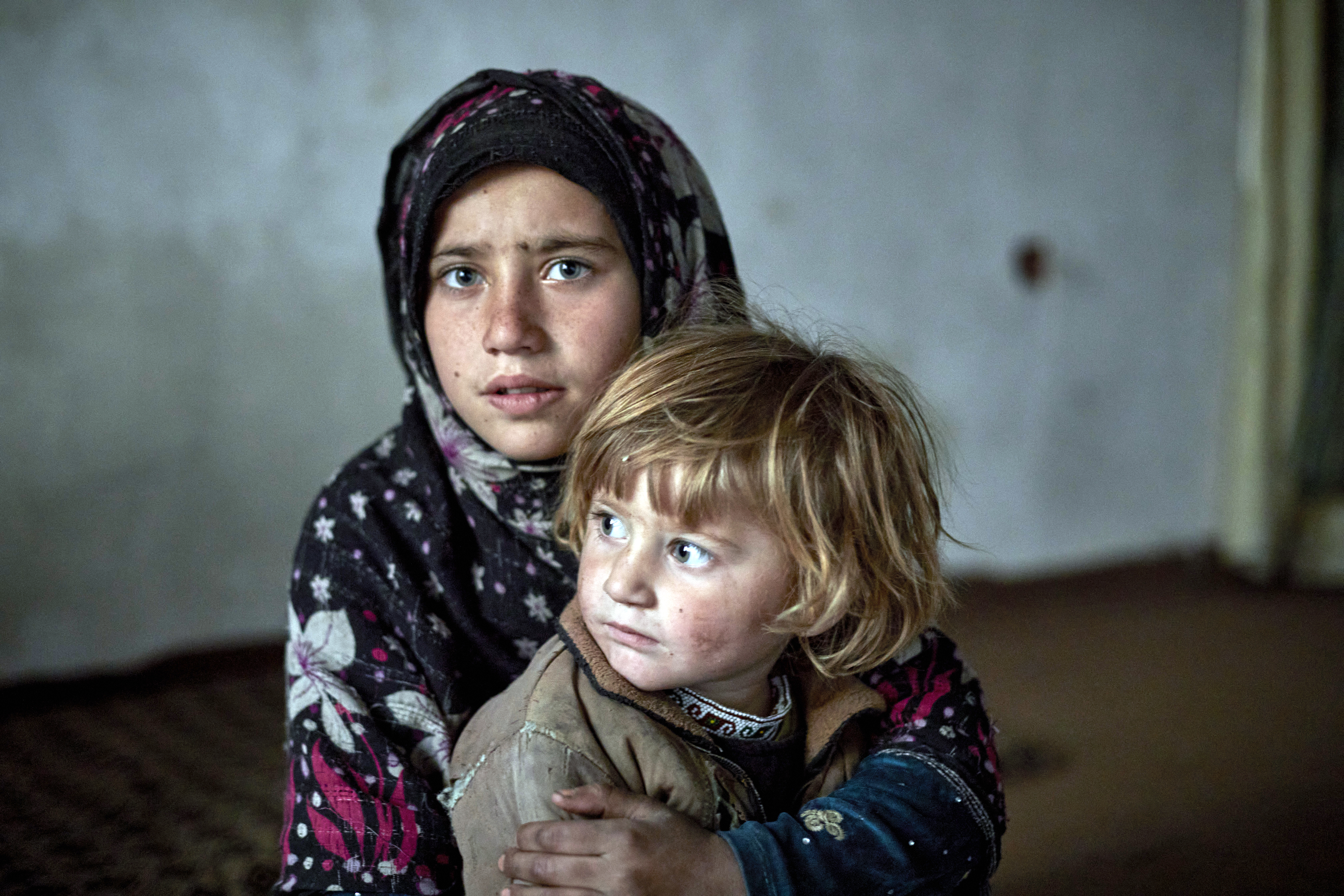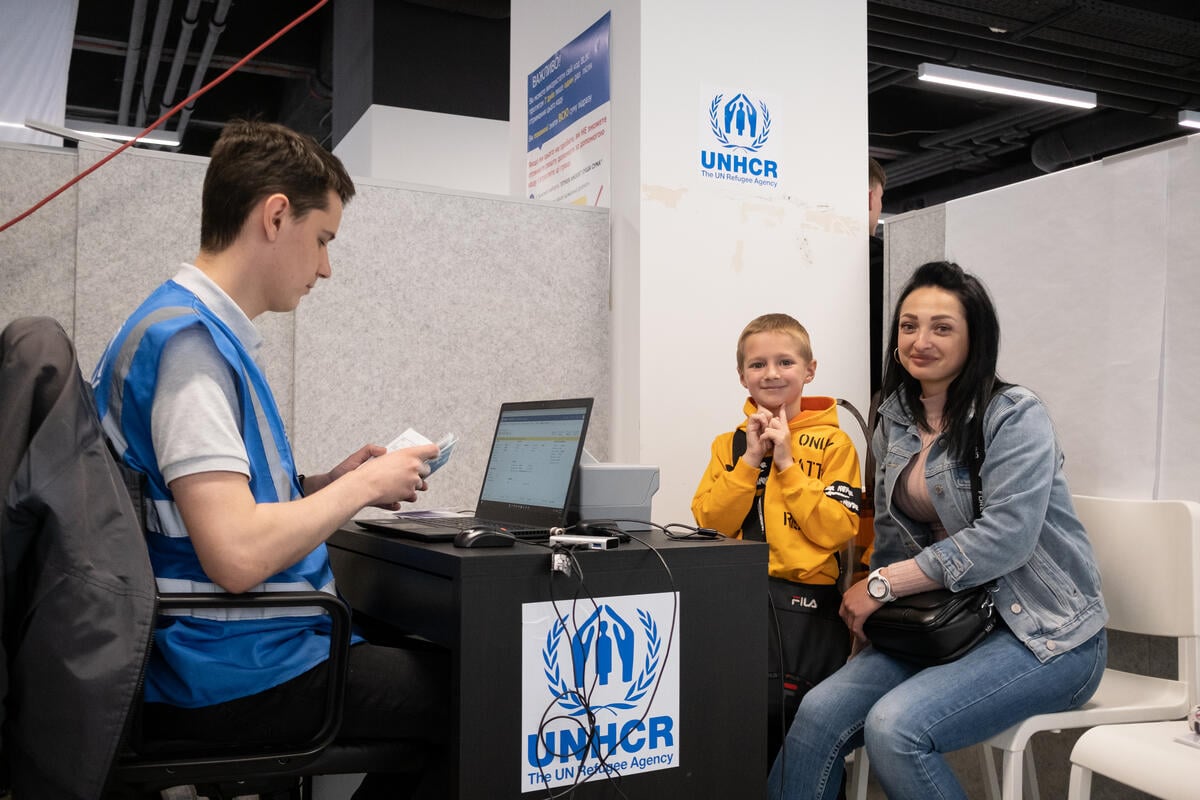Uzbek asylum seekers need urgent resettlement, says UNHCR
Uzbek asylum seekers need urgent resettlement, says UNHCR

GENEVA, July 1 (UNHCR) - Several countries are seriously considering a group of Uzbek asylum seekers in Kyrgyzstan for emergency resettlement following an urgent request by the UN refugee agency today.
UN Assistant High Commissioner for Refugees Kamel Morjane called for an emergency meeting of resettlement countries this morning at the agency's headquarters in Geneva. Having returned from a mission to Kyrgyzstan earlier in the week, he shared his views on the situation with representatives of Australia, Denmark, Finland, Germany, Norway, Sweden, the United Kingdom and the United States.
He noted that while the Kyrgyz government has been generous in receiving the Uzbeks, it is nonetheless clear that the asylum climate there is under intense pressure. As such, emergency resettlement is needed to protect the group.
Expedited resettlement procedures are especially urgent for 29 of the 456 Uzbek asylum seekers in Kyrgyzstan, said Morjane. The 29 are currently being detained in Osh and face the threat of deportation to Uzbekistan just across the border. Along with the Kyrgyz authorities, three UNHCR lawyers have been conducting accelerated status determination for the 29, but it is not clear if the Kyrgyz authorities would be willing to release them for resettlement.
The Assistant High Commissioner turned his attention to the other 427 Uzbeks currently at Sasyk (also spelt Sasik) camp, near Jalalabad in western Kyrgyzstan. He told the officials at today's meeting that he had been shocked by the asylum seekers' precarious situation when he visited the camp earlier this week. The Uzbek government has demanded that more than 100 of them be returned.
Morjane said that if the situation deteriorated further, a humanitarian evacuation might have to be organised for the entire group. Given the lack of an independent investigation into the May 13 events in Andijan that led to their flight, UNHCR considers that the Uzbek asylum seekers deserve the benefit of the doubt, and should be given international protection.
"I have been to Sasyk camp, I have talked to the people there," Morjane told the government representatives in Geneva. "From what I have been able to see, they are people like you and me, who have left their country, and often their family, because they were scared. They are still scared, perhaps even more today. There is little doubt what will happen to them if they are sent back to Uzbekistan. The international community cannot let this happen."
Four of the asylum seekers were forcibly returned to Uzbekistan on June 9. UNHCR and other international organisations have tried unsuccessfully to get access to them and have repeatedly sought information about them from Uzbek authorities. Yesterday, the refugee agency received unofficial information that one of the four was in critical condition at a military hospital.
Morjane pledged UNHCR and international support for Kyrgyzstan, which has received the Uzbek asylum seekers during a particularly sensitive transitional period following a change of regime, and shortly before general elections on July 10. He added that UNHCR is making every effort to find a rapid solution to this situation while ensuring international protection standards are met. This means that there should be no forcible return, or refoulement, which is prohibited under the 1951 Refugee Convention and the Convention Against Torture, both of which Kyrgyzstan has signed.
The Assistant High Commissioner told the officials at the Geneva meeting that their governments should consider it a formal request of resettlement for all Uzbek asylum seekers at risk in Kyrgyzstan. Resettlement could be organised quickly once agreement is reached with host governments.
In response, representatives of several governments indicated their capitals were giving serious and urgent consideration to UNHCR's request.








